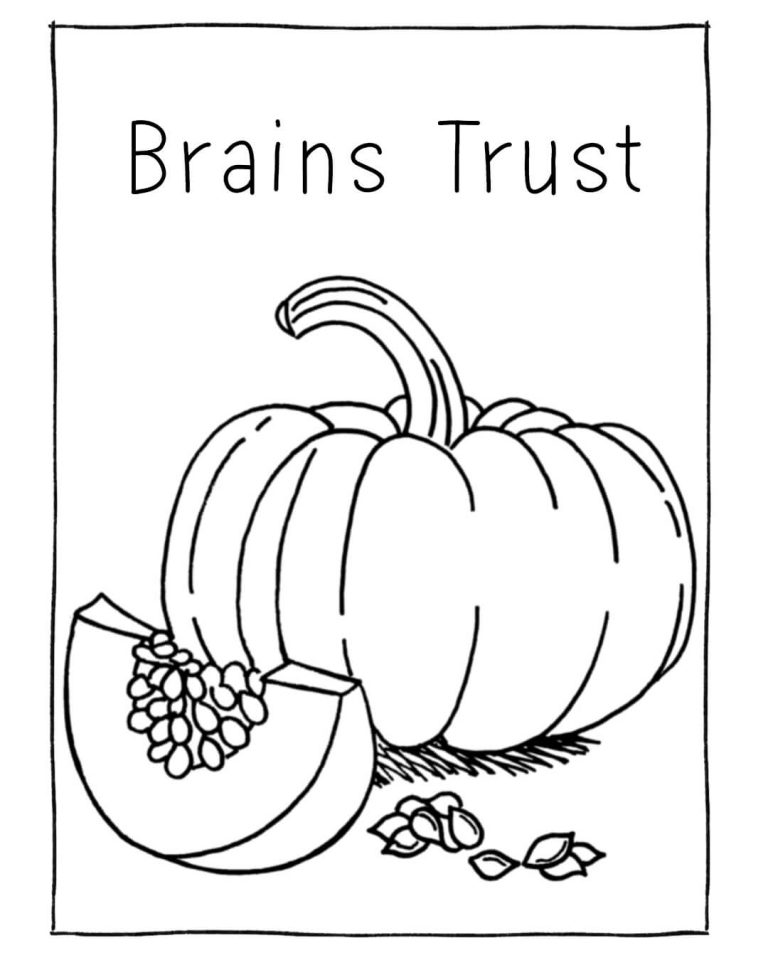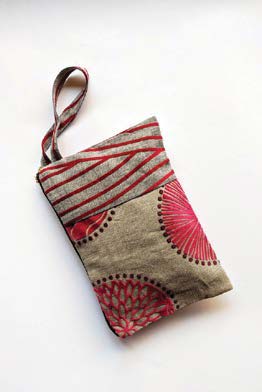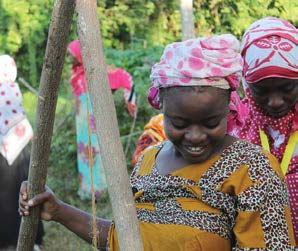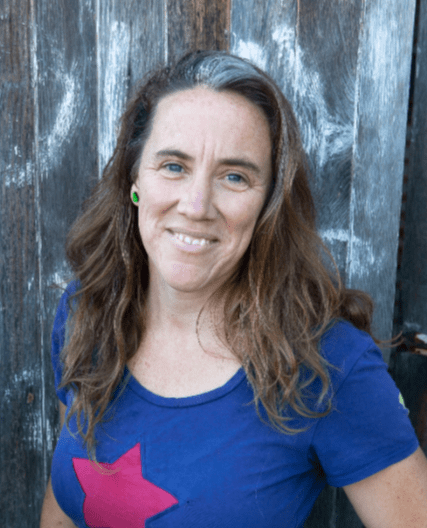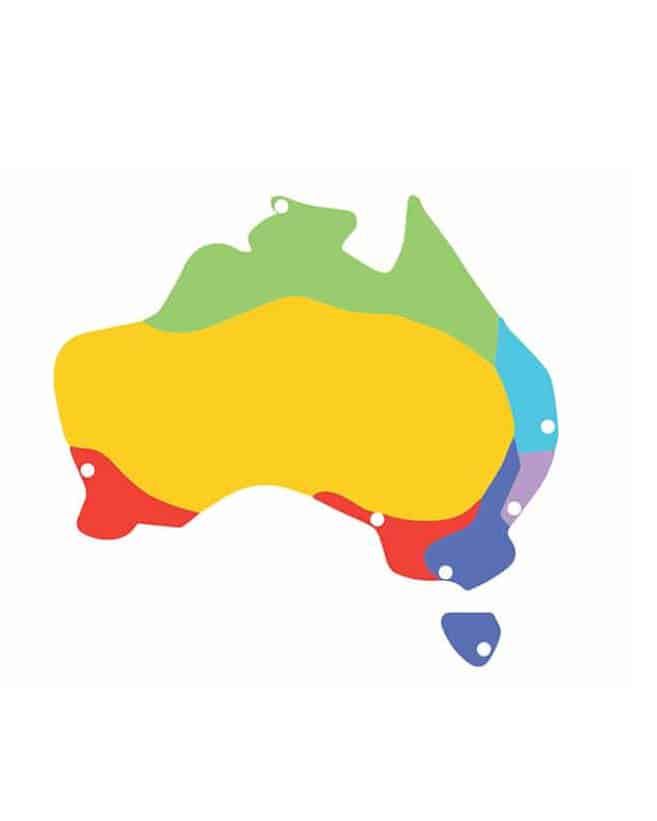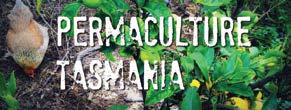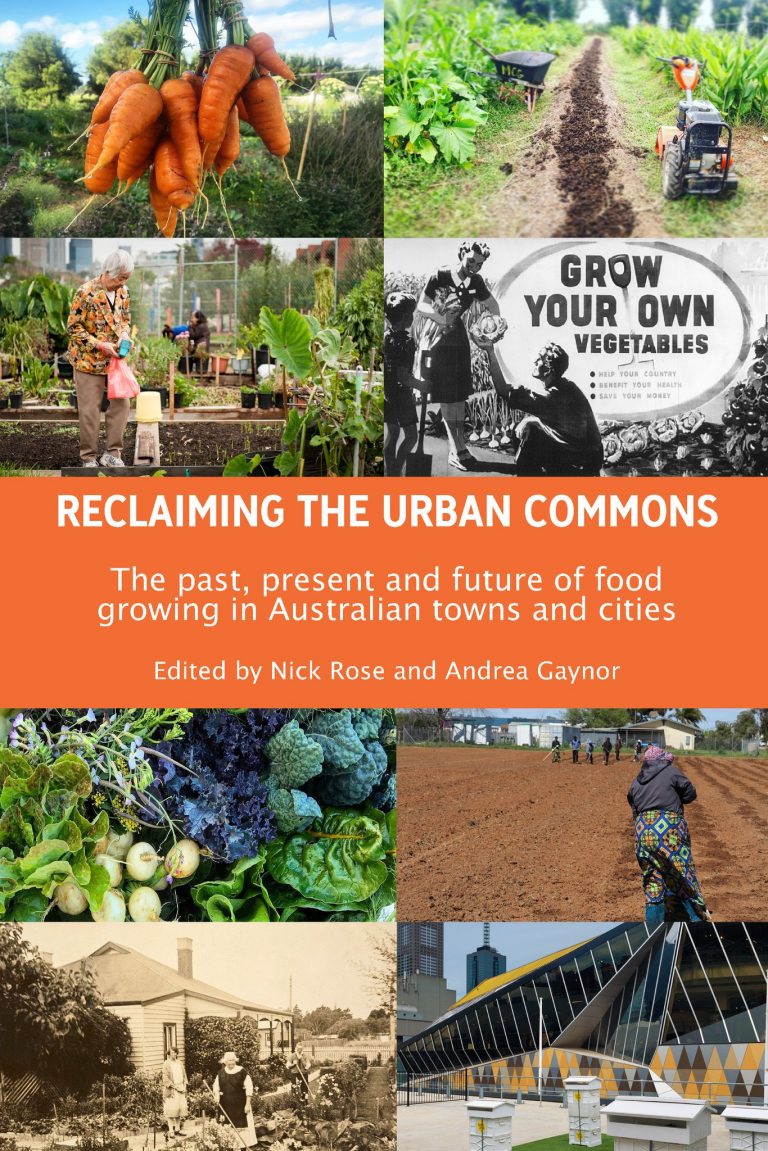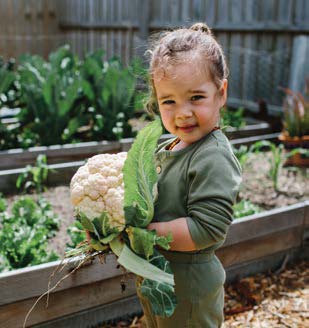Letters To The Editor

Email your letters and photos to editorial@pipmagazine.com. au. We’d love to hear what you think of Pip and if you’ve embarked on any projects as a result of our articles. Each issue, one published entrant will receive a limited edition Pip Magazine art print, printed with archival inks on beautifully textured archival 300 gsm rag paper.
Dear Robyn,
I found your magazine in the local library after having a baby and looking for things to read whilst breastfeeding. I loved the article on Kat Lavers and her inspiring garden [Issue #10] and was motivated to book a tour of her place through the Open Gardens Victoria program. It was so fabulous! I’ve now joined a local gardening group and have an upcoming Permablitz to look forward to.

